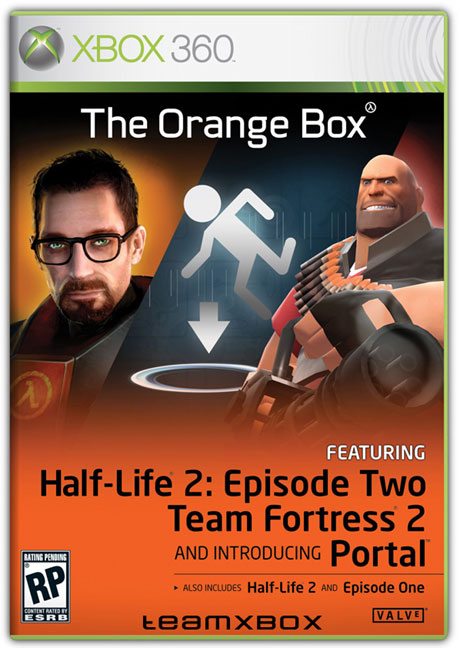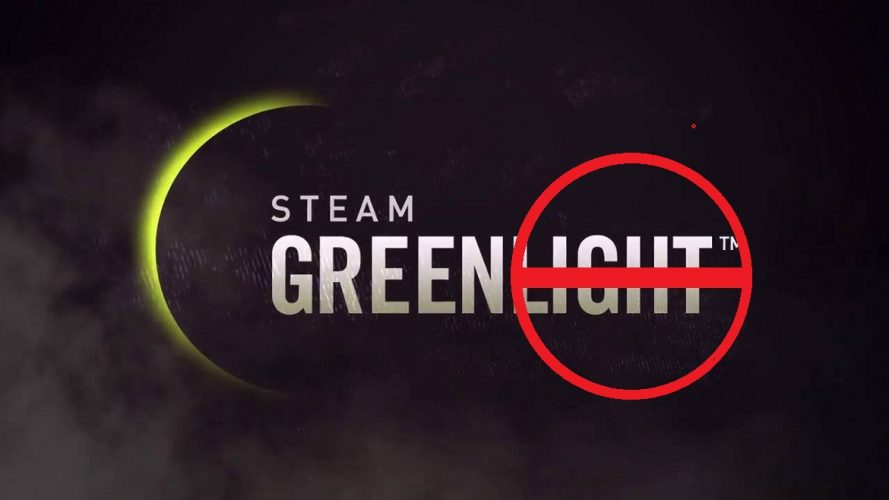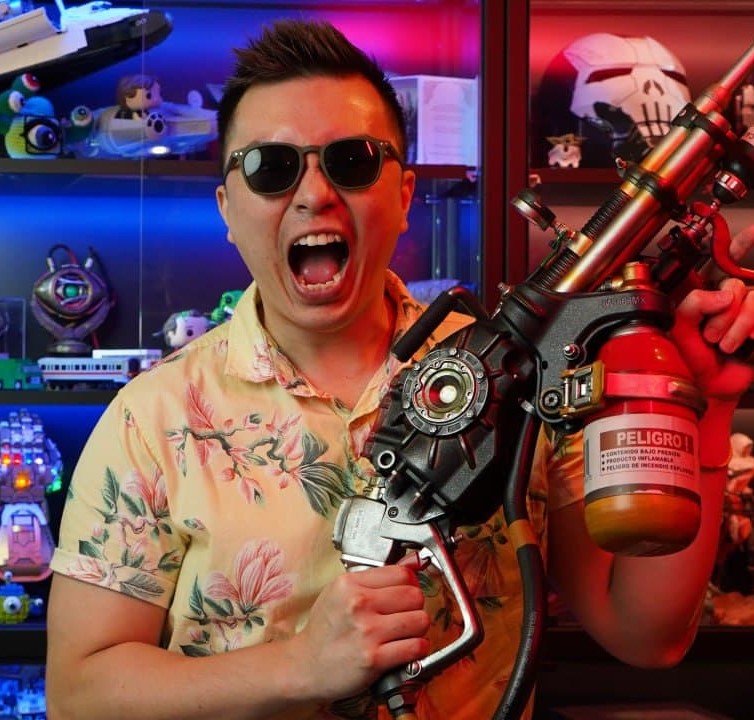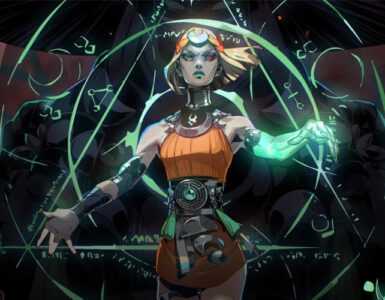If you game on the PC, there is no escaping the overwhelming presence of Valve and its Steam client.
Home to thousands and thousands of games, Steam is where the main bulk of PC gamers congregate to talk, play, and purchase the latest titles. One of the more innovative features Valve had introduced in recent years was the Steam Greenlight program, an initiative with the goal helping fledgeling developers get their product out to consumers without barriers to entry.
As Valve co-founder, Gabe Newell, once said,
“Ultimately our goal is to have no bottlenecks at all between developers and consumers, as we move closer to that, launching Greenlight and evolving our backend toolset has helped us increase our publishing throughput, pushing the number of independent titles released in the last twelve months to equal the number of titles published from all other categories combined. We expect that number to grow dramatically as we continue to iterate upon our developer service features and seek more ways to improve Steam’s value to the community.”
However, Greenlight will cease to exist later this year, in its place will be a new service named Steam Direct. Designed to reduce the amount of shovelware and frankly, rubbish titles lacking curation coming through Greenlight, Steam Direct is “a new direct sign-up system for developers” to get their games on Steam. An application fee will be levied for submission of new content and will hopefully aid to “decrease the noise in the submission pipeline.”
How much that fee will be is still in discussion with game developers, ranging from $100 per game to a high $5000. While Greenlight was not ultimately a failure, Valve will be hoping that Steam Direct will fare better at “improving the entire pipeline for bringing new content to Steam,” bringing consumers “the types of content they wanted.”

Newell also stated the company’s lack of interest in developing console games was due to the restrictive nature of the platforms. According to the co-founder, Valve and its employees “get really frustrated working in walled gardens.” This is despite the ever increasing sales of the new generation of PS4s and Xbox Ones. While past titles like Portal 2 and The Orange Box came to last generation of consoles, there appears to be no chance of it happening again anytime soon. Citing the problems of bringing free-to-play to consoles and how supporting the consumers is a hindrance on consoles, Newell said:
“I’m sure that other people are wildly successful in those environments, but sort of our DNA tend to not work well when someone is trying to insert a lot of process between us and our customers.”
Although Valve does not seem to be a fan of the consoles, the company did try to compete with Sony and Microsoft in the market by way of the Steam Machines, but interest seem to have petered out, perhaps staying on the PC market is not such a bad idea after all.













